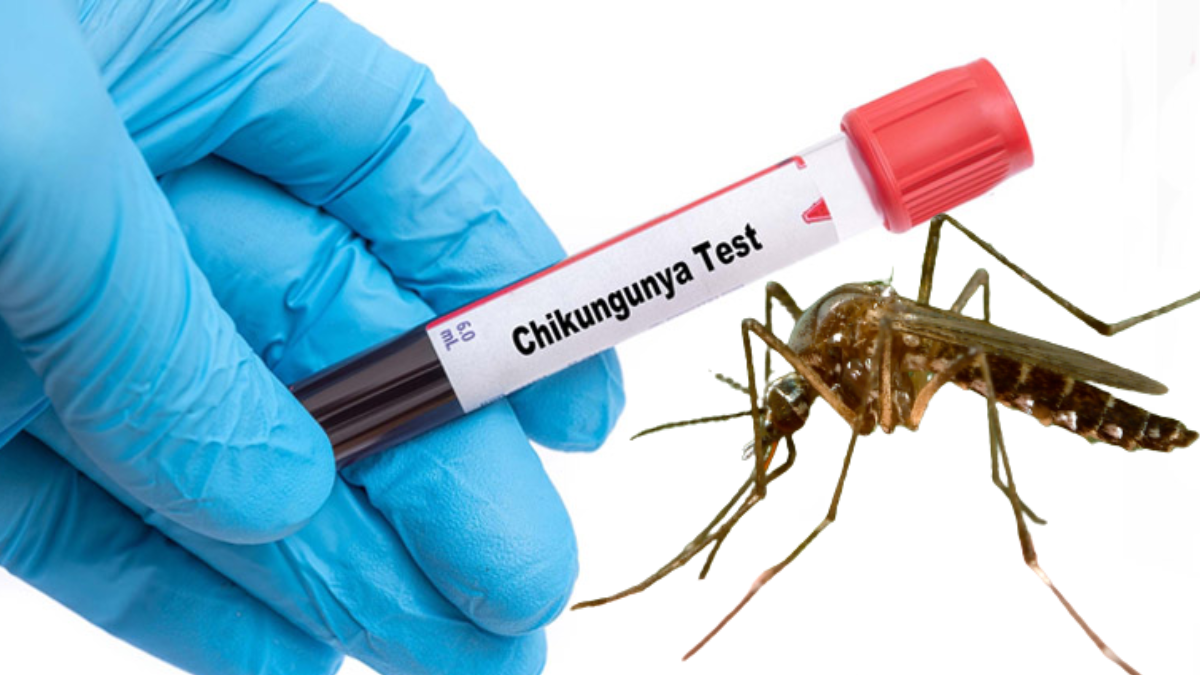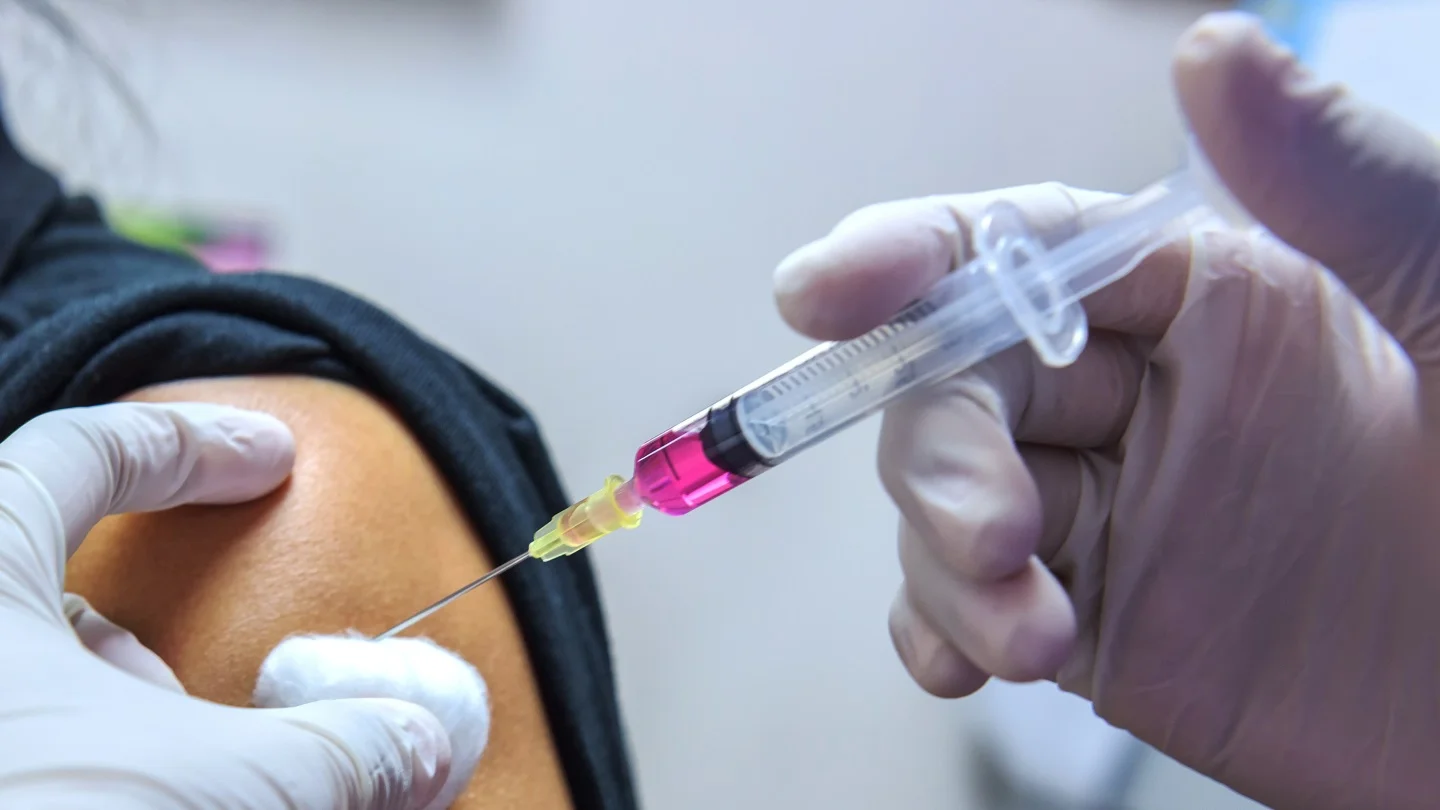
Ixchiq: First Chikungunya Vaccine Approved by FDA
The US Food and Drug Administration (FDA) gave the green light to Ixchiq, the initial chikungunya vaccine, for people aged 18 and above at a higher risk of encountering the virus carried by mosquitoes. The vaccine’s effectiveness was confirmed through a study involving individuals aged 18 and older in the United States, according to the FDA’s announcement.
New Delhi’s Breakthrough: Ixchiq Chikungunya Vaccine Authorized
New Delhi witnesses a milestone as the US FDA approves Ixchiq, the premier chikungunya vaccine. This approval targets individuals aged 18 and older facing an elevated risk of exposure to the mosquito-borne virus. Administered as a single injection into the muscle, Ixchiq contains a live, weakened form of the chikungunya virus. The FDA noted that the vaccine may induce symptoms resembling those of the actual viral disease.
Infection with the chikungunya virus can lead to severe disease and prolonged health problems, especially for older adults and those with underlying medical conditions,” explained Peter Marks, director of the FDA’s Center for Biologics Evaluation and Research.
Marks emphasized, “Today’s approval meets a medical need and is a significant step in preventing a potentially debilitating disease with limited treatment options.”
The vaccine’s effectiveness was established through a clinical study involving individuals aged 18 and older in the US, as highlighted in the agency’s statement.
The study compared the immune response of 266 vaccinated participants with that of 96 receiving a placebo. The level of antibodies generated in these participants was based on a protective level observed in non-human primates that had received blood from vaccinated individuals.
Ixchiq’s safety was assessed in two North American clinical studies involving about 3,500 participants aged 18 and older. One study included approximately 1,000 participants who received a placebo, according to the FDA.
Commonly reported side effects included headache, fatigue, muscle and joint pain, fever, nausea, and tenderness at the injection site, stated the federal agency.
About 1.6 percent of recipients experienced severe chikungunya-like adverse reactions, hindering daily activities and requiring medical intervention, with two individuals being hospitalized. In some cases, these reactions lasted for at least 30 days, the agency reported.

The FDA granted approval for Ixchiq to Valneva Austria GmbH, a biotechnology company based in Vienna, Austria. The approval was obtained through the Accelerated Approval pathway, relying on evidence of effectiveness from clinical studies.
As a condition for Ixchiq’s approval, the FDA mandates confirmatory clinical studies to verify clinical benefit. The biotechnology company is also required to conduct a postmarketing study evaluating the serious risk of severe chikungunya-like adverse reactions following Ixchiq administration, the agency specified.


